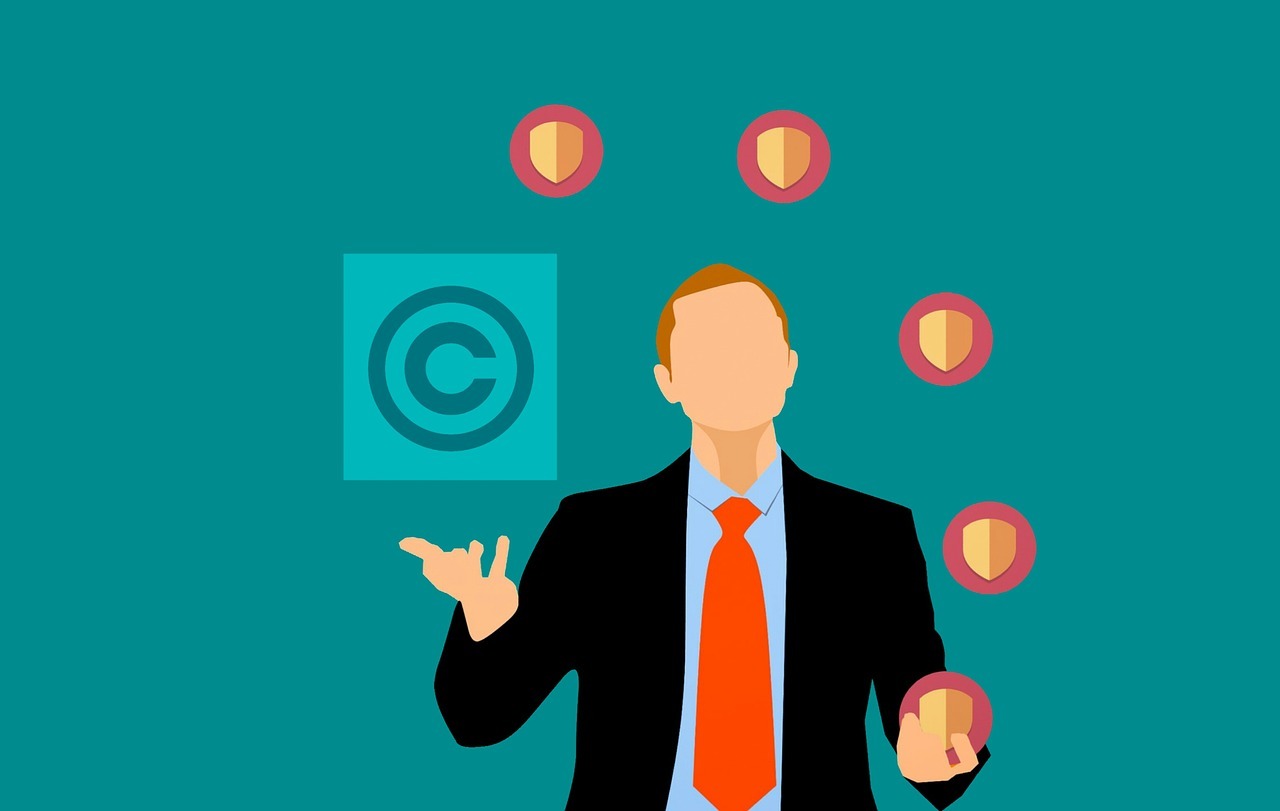2025 Update: New Rules for Copyright Objection
The copyright landscape in India is changing rapidly, and 2025 brings major updates to how copyright objections and related processes work. Whether you’re a creator or a business that deals in content, here’s a clear, human-centered guide to the new rules for copyright objection—explained simply and practically.
What’s New in Copyright Objection Rules for 2025?
1. Mandatory Digital Payments for Licenses & Fees
-
What's changed?
All license fees for literary, musical, and sound recordings must now be paid exclusively through an online system. No cash, cheque, or offline payments are permitted. -
Why this matters:
This increases transparency, creates a digital trail for every transaction, and makes it easier to trace, audit, and ensure creators get their rightful royalties. -
Who does this cover?
Owners or licensors of such works must set up and maintain an online payment system. All licensees (those using copyrighted work) must only use this system to pay for usage rights.
2. Streamlined Online Objection Process
-
The application and objection process stays online.
Anyone wishing to object to a copyright registration still has a 30-day window after the Diary Number is issued. But expect all objections, responses, and hearings to move toward a fully online workflow in most cases.
3. Faster and Transparent Tracking
-
Digital submission of documents ensures faster examination and more efficient handling of objections. Applicants, objectors, and copyright owners can now track objection status, hearing dates, and Registrar decisions instantly online.
4. Inclusive, Real-Time Royalty and Usage Records
-
Every use of registered copyrighted work—that requires licensing—will automatically create a verifiable, time-stamped digital record. This makes future disputes easier to resolve and reduces royalty leakage or unpaid usage.
-
The government hopes this will address chronic issues where creators, especially in the music and film sectors, struggled to track and claim their dues.
5. Implications for Old and Ongoing Contracts
-
New digital mandates will likely require businesses with earlier, non-digital contracts to update their royalty agreements—ensuring all future license fee payments are routed online.
-
For existing businesses, this means reviewing and possibly renegotiating licensing terms.
6. Greater Emphasis on Documentation for Objections
-
Because everything is digital, evidence for or against an objection must be uploaded in prescribed formats—reducing ambiguity and facilitating quicker resolution.
-
Failure to reply to an objection within the 30-day online window may lead to direct rejection of your application.
Practical How-To: Objection Procedure Under New Rules
-
File Your Copyright Application Online
-
As before, start at copyright.gov.in, pay the fee online, and receive a Diary Number.
-
-
30-Day Objection Period
-
After publication of your application, any interested party can file an objection online within 30 days.
-
-
Digital Notice and Response
-
You’ll be notified of any objection via email/dashboard. You then have 30 days to submit your reply—digitally, with supporting files.
-
-
Online Hearing (if required)
-
The Registrar may schedule a virtual hearing if they need more clarity.
-
-
Final Decision
-
The ruling is delivered digitally. If you win, the work proceeds to registration; if not, the process ends (with reasons documented online).
-
Humane Tips and Insights
-
Go digital from day one: Scan all original drafts, contracts, and communications. The new system favors creators who are organized and proactive.
-
Stay alert for objections: Monitor your application dashboard and set up email alerts so you never miss an important notice or deadline.
-
If your license works, prep for online royalty systems: Work with your CA/legal advisor to update contracts and tech to comply.
-
Small creators: While change can be daunting, these updates give you better visibility and fairness in royalty collection—don’t hesitate to seek help if you’re new to digital payments or online legal processes.
-
Feedback is welcome: The draft rules invited stakeholder and public comments until July 2025, so further refinements are possible.
Humane Takeaway
India’s 2025 copyright rules are a leap toward fairness and tech-driven efficiency. The focus on digital payments, transparency, and online recordkeeping makes it easier for creators of all sizes to defend their work—and for businesses to stay compliant.
Visit - https://www.filingworld.in/
#filingworld
